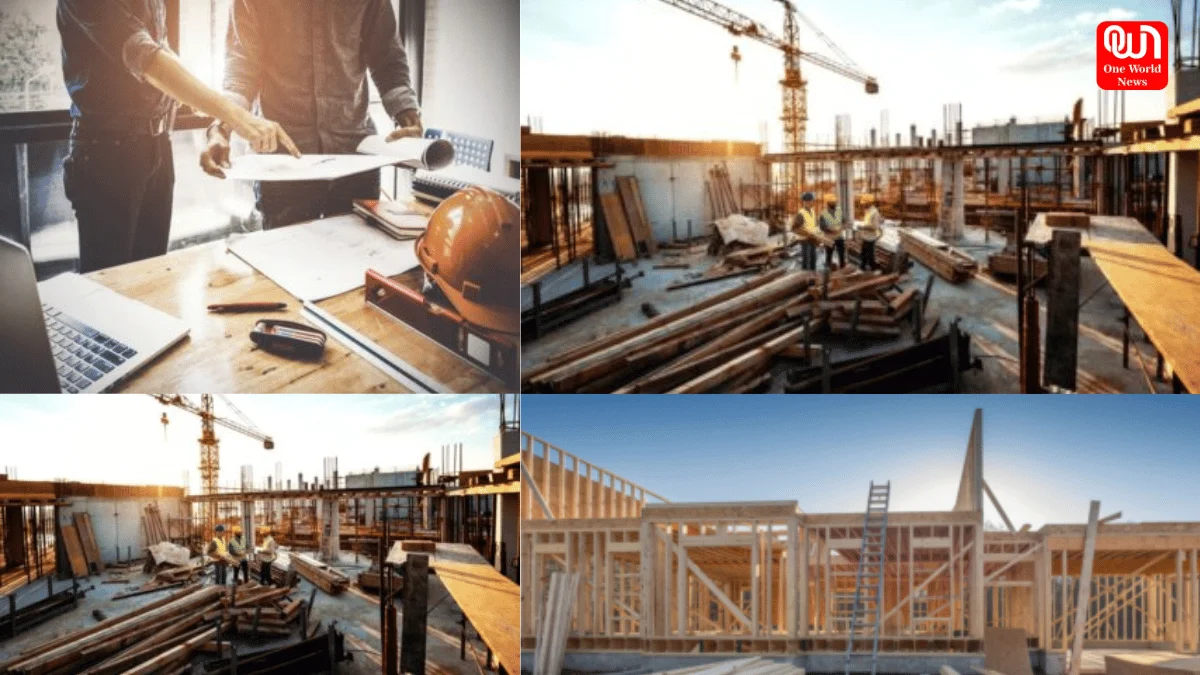Cracking the Code: Streamlining Masonry Estimates Processes
Having streamlined Masonry Estimates Processes helps in streamlining any form of construction, allowing for quicker turnaround time and saving costs. Find out how you can achieve that!
What is Masonry Estimates Processes and how to make it better?
In the world of construction, masonry stands as a timeless craft, offering durability, aesthetics, and structural integrity to buildings for centuries. From sturdy brick walls to intricate stone facades, masonry work requires skill, precision, and an understanding of various factors that influence the overall cost. When starting a masonry project, one of the crucial initial steps is obtaining estimates and streamlining Masonry Estimates Processes. However, navigating through buildingconnects can be daunting for many property owners and developers. In this article, we delve into the intricacies of masonry estimates, shedding light on the factors that influence costs and providing insights to help you make informed decisions.
Understanding Masonry Estimates
Masonry estimates serve as a roadmap for your project, outlining the anticipated expenses and scope of work involved. These estimates are typically provided by masonry contractors or firms specializing in masonry services. A comprehensive estimate encompasses various elements, including materials, labor, equipment, permits, and overhead costs.
Factors Influencing Masonry Estimates
Materials: The choice of materials significantly impacts the overall cost of a masonry project. Common materials used in masonry include bricks, concrete blocks, natural stones, and manufactured stone veneers. The quality, availability, and transportation costs of these materials can vary, influencing the final estimate.
Labor Costs: Skilled labor is essential for executing masonry projects with precision and efficiency. Labor costs depend on factors such as the complexity of the design, project size, location, and labor market conditions. Highly intricate designs or projects in remote areas may incur higher labor expenses.
Project Scope: The scope of work directly correlates with the estimated cost. Whether it’s a small repair, a new construction project, or a restoration endeavor, the complexity and scale of the project will dictate the resources required and, consequently, the estimate provided by the masonry contractor.
Site Conditions: Site conditions play a pivotal role in masonry estimates. Factors such as accessibility, terrain, existing structures, and environmental considerations can impact the ease of construction and, subsequently, the overall cost. Sites with challenging terrain or limited access may require additional equipment and manpower, leading to higher estimates.
Design Complexity: Intricate designs or customized features add a layer of complexity to masonry projects, influencing both material and labor costs. Specialized skills and additional time may be required to execute intricate patterns, arches, or decorative elements, contributing to a higher commercial-estimating.
Permits and Regulations: Obtaining permits and complying with building codes and regulations are essential aspects of any construction project. The costs associated with permits, inspections, and adherence to regulatory requirements are factored into the masonry estimate.
Overhead and Profit Margin: Masonry contractors include overhead expenses such as insurance, equipment maintenance, administrative costs, and profit margins in their estimates. These overhead costs ensure the smooth operation of the business and the delivery of quality services.
Tips for Obtaining Accurate Estimates
Detailed Project Specifications: Provide clear and detailed project specifications to masonry contractors to ensure accurate estimates. Include information such as project size, design preferences, material preferences, and any specific requirements.
Multiple Quotes: Seek estimates from multiple masonry contractors to compare pricing, services offered, and reputation. However, prioritize quality and expertise over solely focusing on the lowest bid, as choosing an inexperienced contractor based solely on price can lead to costly issues down the line.
Clarify Scope of Work: Clearly define the scope of work and expectations with the masonry contractor to avoid misunderstandings later on. Discuss timelines, payment schedules, warranties, and any potential contingencies upfront.
Factor in Contingencies: Allow for contingencies in your budget to accommodate unforeseen circumstances or changes during the project. A buffer for unexpected expenses can prevent budget overruns and delays.
Review Contracts Carefully: Before proceeding with any masonry project, review the contract thoroughly to ensure all terms, conditions, and estimates are clearly outlined and agreed upon by both parties.
Conclusion
Obtaining accurate concrete-estimates is essential for planning and budgeting your construction project effectively. By understanding the factors that influence estimates and following best practices for obtaining quotes, you can embark on your masonry project with confidence. Remember to prioritize quality, expertise, and transparency when selecting a masonry contractor, as the success of your project hinges on the skills and professionalism of those involved. With careful planning and informed decision-making, you can turn your masonry vision into a tangible reality while staying within budget and achieving exceptional results.
Like this post?
Register at One World News to never miss out on videos, celeb interviews, and best reads.








